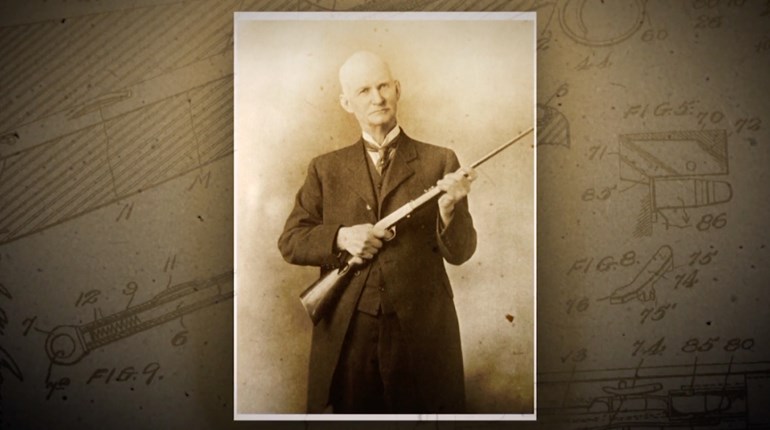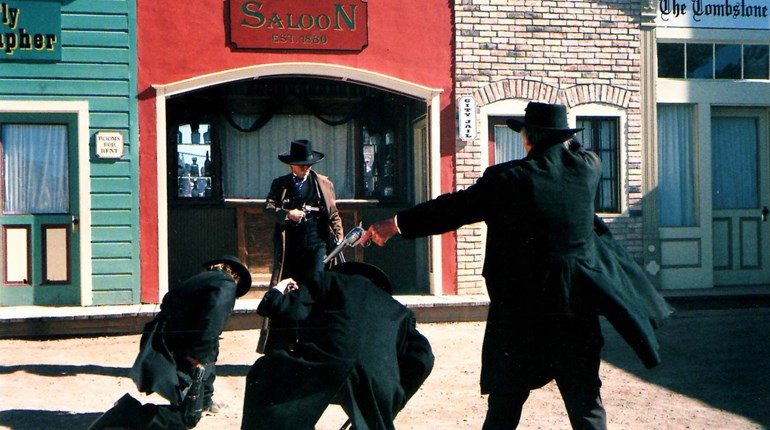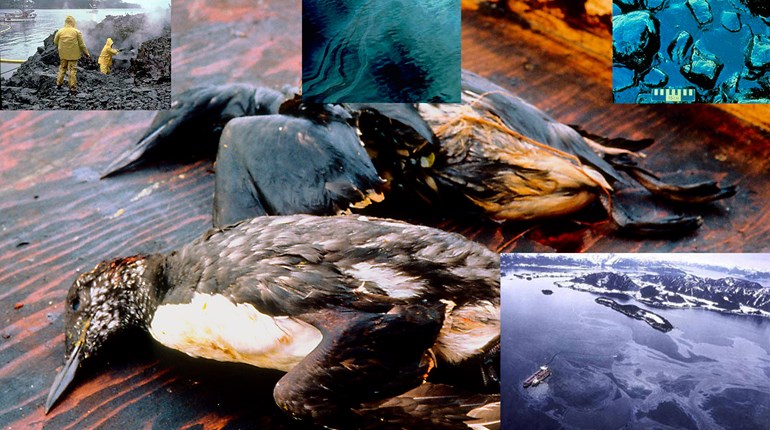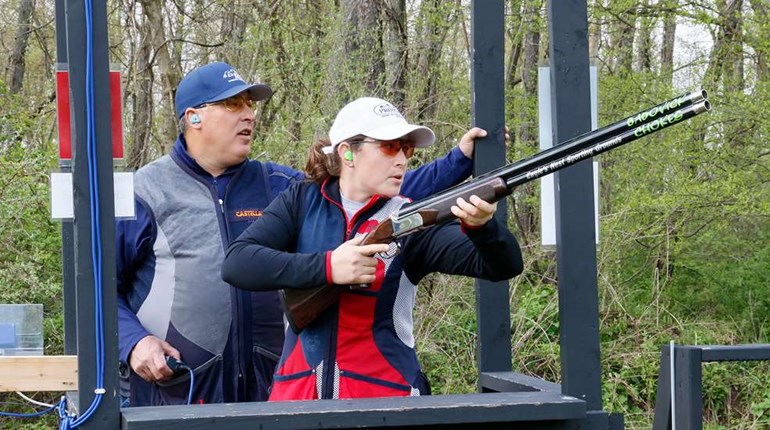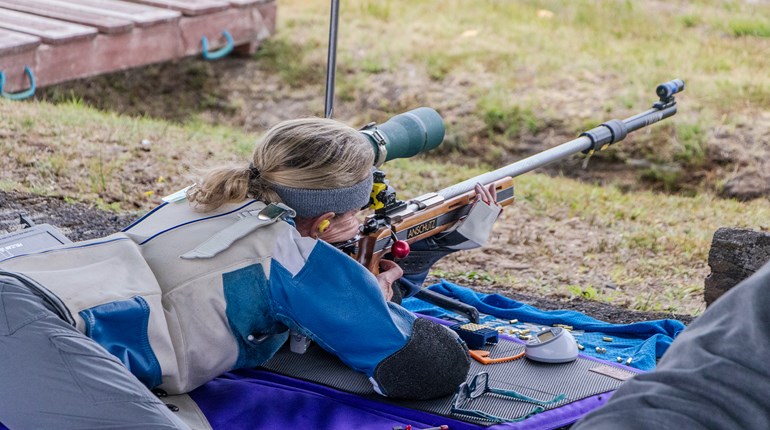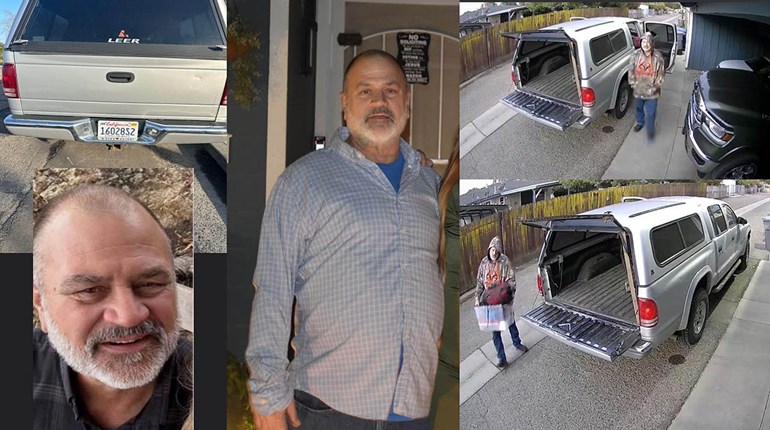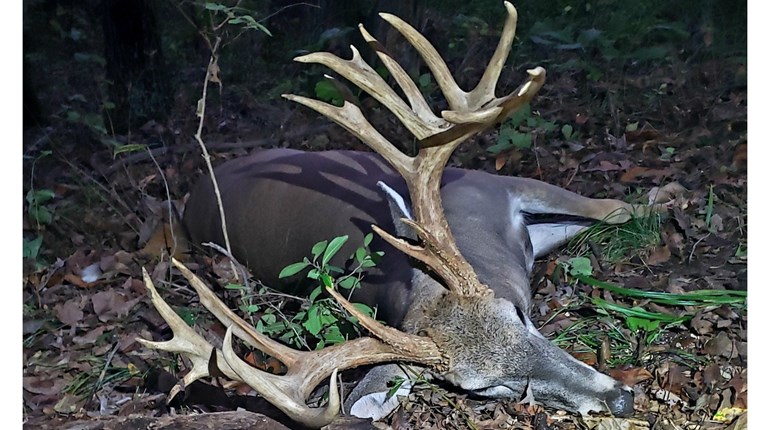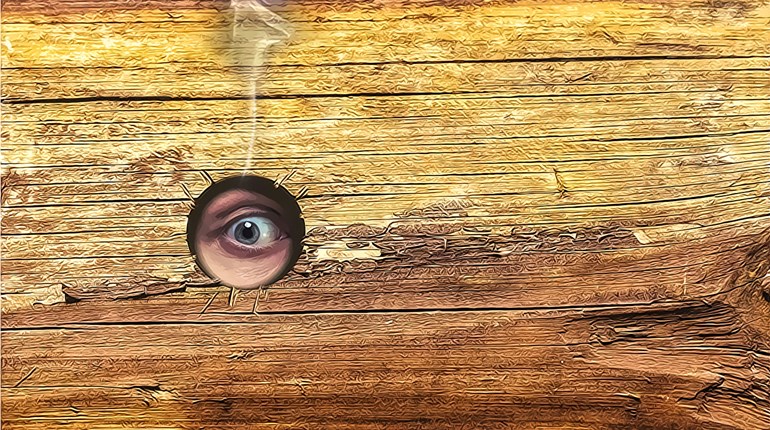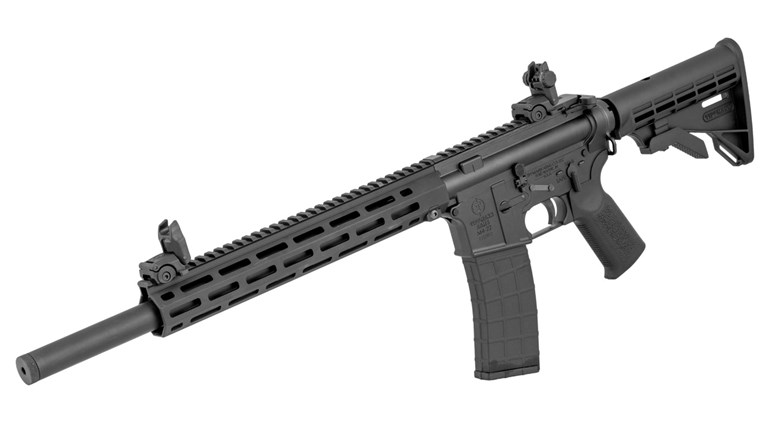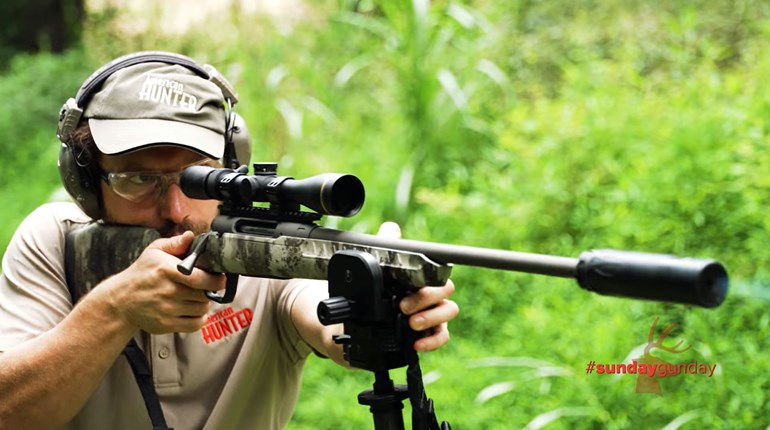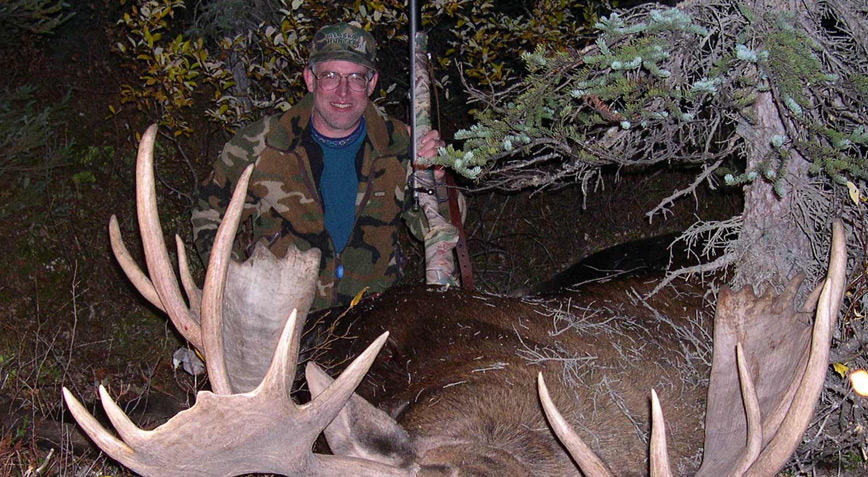
If you hunt and fish in Alaska, it helps to have a sense of humor, an iron will to survive…and nine lives. The Great Land will try to kill you in a hundred ways.
Chris Batin knows that hard reality firsthand. Born in Ohio, Batin learned about the Buckeye State outdoors from his father and uncle. But he first became aware of the outdoor possibilities in Alaska through outdoor magazines and books, reading such legendary authors as Russell Annabel, Jack London and Robert Service.
“After high school I knew I had to somehow see Alaska,” said Batin. “And not just for a short time; I wanted to actually live there and experience all the Last Frontier had to offer. So I joined the U.S. Air Force, with the stipulation that I be sent to Alaska.”
The Air Force was more than happy to oblige, as Alaska is the last place most recruits wanted to be stationed at the time. After serving a six-year stint, during which time Batin was able to dip his toe in the Alaskan outdoors on weekends and vacations, he resolved to become an outdoor writer, writing about hunting and fishing fulltime.
“It was a gamble,” he said, “but I had to try.” Forty-four years later Chris Batin is one of the most well-known and successful outdoor writers in the land of the midnight sun, having penned over 1,800 magazine and newspaper articles and 10 books during his lengthy career.
That said, what he’s had to endure—and survive—to acquire that kind of outdoor knowledge and savvy boggles the mind: Lyme disease he contracted in Russia, several bouts of Giardia (“beaver fever”), the capsizing of a boat, and the point-blank charge of an enraged coastal brown bear, just to name a few of his more memorable experiences. And he’s survived kidney cancer, too.
One key to Batin’s success is that he’s kept a light-hearted attitude about it all. For instance, when describing the coldest temperatures he ever experienced, the thermometer dipping to 68 degrees below zero at times for several weeks in and around Fairbanks one winter, Batin quipped, “Forty below and colder is when the black snakes came out.” The “black snakes” he was referring to, tongue-in-cheek, were the fan belts that broke from the severe cold and fell out of vehicles. “You saw them lying on the streets all over town,” he said.
But his capsizing in a boat was no laughing matter. Anchored off Kodiak Island in a 30-foot boat with a buddy, the pair began hearing a loud roaring sound after dark—high Chinook winds that can appear unexpectedly and blow more than 100 miles per hour. (For a little perspective, that’s the median wind speed found in an F1 tornado.)
“The wind flipped the boat onto its side, and I was flung to the far side of the cabin,” Batin said. “A piece of angle iron pierced my lower back, and my shoulder busted out the boat’s windows, tearing my rotator cuff. My arm was numb and useless, but the cold helped stop the bleeding on my backside. Miraculously, the boat was able to right itself.
“That’s when we quickly got into survival suits in case it happened again, which it soon did. When the boat went onto its side a second time, it stayed down and began taking on water. We radioed the Coast Guard for help one last time and abandoned ship.”
Batin continued, “We were able to swim to shore but couldn’t get a fire going because of the persistent wind, so my buddy and I huddled in our separate Space Blankets the rest of the night in some depressions in the alders, trying to keep warm. In the morning, we were able to start a fire and the Coast Guard finally arrived to rescue us. They told us that five boats in the area had been damaged or sunk during the night, one a 70-footer!”
Even more harrowing is the tale of Batin being charged by a coastal brown bear. “My brother and I were hunting mountain goats in the Wrangell Mountain Range and we had both just shot and killed nice goats,” he said. “My brother was uphill from me skinning his goat and I was downhill skinning mine. Suddenly, my brother yells, ‘Bear! Bear! Get the gun!’ and he begins running. Unfortunately, he had left his rifle down with mine.”
The bear chased Batin’s brother for a short distance down the ravine, then abandoned the chase and returned to the goat kill. That’s when the bear looked downhill, saw Chris standing over his goat, and immediately charged.
“We both carry a .338-caliber bolt-action rifle in Alaska,” said Batin. “It’s more than enough cartridge for goats, and can handle coastal brown bears, as well. We had hoped to hunt a bear, as we had bear tags, but little did we know that an 8-foot coastal brown would be hunting us!”
The bear started sprinting downhill toward the brothers. Chris’s brother made it to the guns first, grabbed a rifle, and took the first shot, hitting the bear. “The bear was like a runaway boulder, rolling and bouncing from side to side down the avalanche chute, getting bigger and bigger all the time as he came,” Batin said. “He finally rolled to a stop 10 feet from us, raised his head and growled. A final shot to the head added him to the two goats we had to skin and quarter out. It was already almost 5:00 p.m. with spike camp an hour away and base camp eight hours away. We each hiked over 48 miles round-trip packing out the game meat and hides.”
Chris Batin is currently taking a sabbatical in Ohio, to help care for his aging parents and work on a new book, one that details the many Alaskan adventures he’s experienced. And if they are anything like the stories he tells, it ought to be a best-seller.
If you’d like to learn more about Alaska hunting, Chris Batin’s 430-page book, Hunting in Alaska: A Comprehensive Guide, is highly recommended and can be ordered at www.alaskaangler.com.













